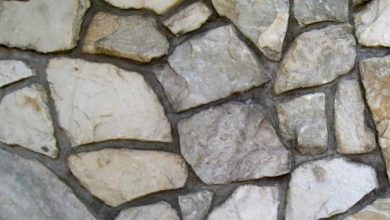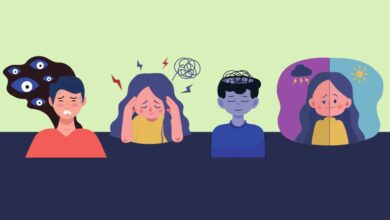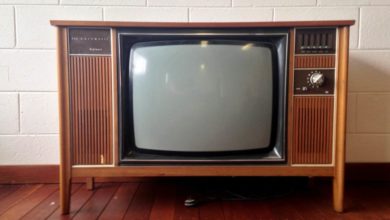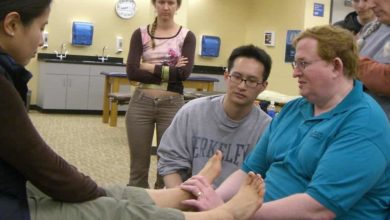Earlier, one of our writers elaborated on his study methods in medical school. Since the learning process is unique to each student, I thought it’d be fitting for me to describe a few conclusions I’ve drawn about my own study methods in medical school.
Beginning the first year of medical school – regardless of whether you applied straight, took a gap year, or pursued into another field of work – is full of adjustments. For me, learning how to efficiently study was the most difficult part of transitioning into medical school. I’ll admit, when I was an undergraduate student, I overcommitted to extracurricular and social involvements, leaving only a week or so to study for each exam. This last minute cramming worked in college, but it didn’t stand a chance in medical school, where every bit of knowledge is crucial to scores, boards, and wards, not to mention highly relevant to medical practice. With only a few hours each evening to review what I had learned that day in class, I knew I had to figure out how I learn best, and I needed to figure it out fast.
||Read How I Study In Medical School by Evan Laveman||
For 99% of students, medical school presents the most material that they’ve ever seen in a classroom. The age-old analogy is that if college is like drinking from a water fountain of information, medical school is as if the fire department came to your house and turned the hoses on. Stacks of anatomy flashcards pile up across your desk, multiple textbooks are highlighted to look like a coloring book, and lists of drug names start sounding like an alphabet soup. I went through many different study methods my first year, searching for that one golden means of learning most effectively.
I started by making typed outlines of every lecture, summarizing the main points, but found that it took too long, and I didn’t end up reading through them. I saw classmates creating and flicking through flashcards on their tablets, so I tried out flashcard apps as well, but found that a stack of 900 cards proved overwhelming.
||Read How I Studied in College Part 1 | How I Studied In College Part 2 by Edward Chang||
Finally, I realized that I learn best when I actively write out concepts, as opposed to reading or typing them on a computer. Something about drawing things out on a whiteboard or legal pad reinforced difficult ideas and helped me encode the knowledge into my memory. Electrical conduction of the heart? I’ll draw it out until it sticks. The differences between Ulcerative Colitis and Crohn’s Disease? I mapped out a comparison table once a night for a week. I bought a 12-pack of yellow legal pads for my scribbling pleasure, and haven’t changed my study habits since. In fact, I buy them in bulk from Amazon and go through nearly one a week. The weirdest part? After I write out my notes, I rip them off the legal pad and toss them in the garbage. I find that it’s the process of writing out the concepts rather than rereading them afterward that truly helps me encode and recall each topic.
I also found that I studied most effectively in bursts of about 2-3 hours. Any more than that much time sitting at a desk meant that I became inefficient and distracted. Lengthy 6-hour cram sessions led to information slipping out of my mind before I could fully integrate it in. So after 3 hours, I’d go to the gym, cook a meal, or watch an episode of Law and Order: SVU to rest my mind, then come back to the material and do it again. This allowed me to stay energetic, stay motivated, and stay balanced. I also found that switching up my study spots each day and learning to retrieve information in a variety of settings kept me fresh and alert.
||Read What To Expect in Medical School Part 1 | What To Expect in Medical School Part 2 by Evan Shih||
Lastly, and perhaps most importantly, it’s imperative that I turn the internet off when I study. All my podcasts are downloaded in advance, my music playlist already on iTunes, and my PowerPoint slides and lecture notes saved to my laptop. There are thousands of people who are paid handsomely to grab our attention and distract us from working. Social media websites and forums are getting smarter, using catchy “clickbait” headlines to tempt us into reading about the latest celebrity news story or list of “10 things that yadda yadda”. Before we know it, our studies have been abandoned and while sit at our desk, unproductive and full of regret. I’ve found that there’s a simultaneous feeling of motivation and shame that I feel when I open up Google Chrome out of habit and see “Unable to connect to the Internet”. On the same note, setting your phone on “Do Not Disturb” mode or Airplane mode can do wonders to eliminate the push notifications that will do nothing but disrupt your knowledge flow. Your texts, messages, and emails can wait another couple hours.
In conclusion:
- Write out the concepts. Prove that you remember and understand concepts
- Take breaks. Study in short bursts and take frequent breaks to stay efficient
- Turn off the Wi-Fi. Feel the shame of getting distracted
Good luck to all the prospective doctors out there and happy studying! I promise, a great workout or TV show awaits you as your reward!



